Will coronavirus make CBS more sustainable?
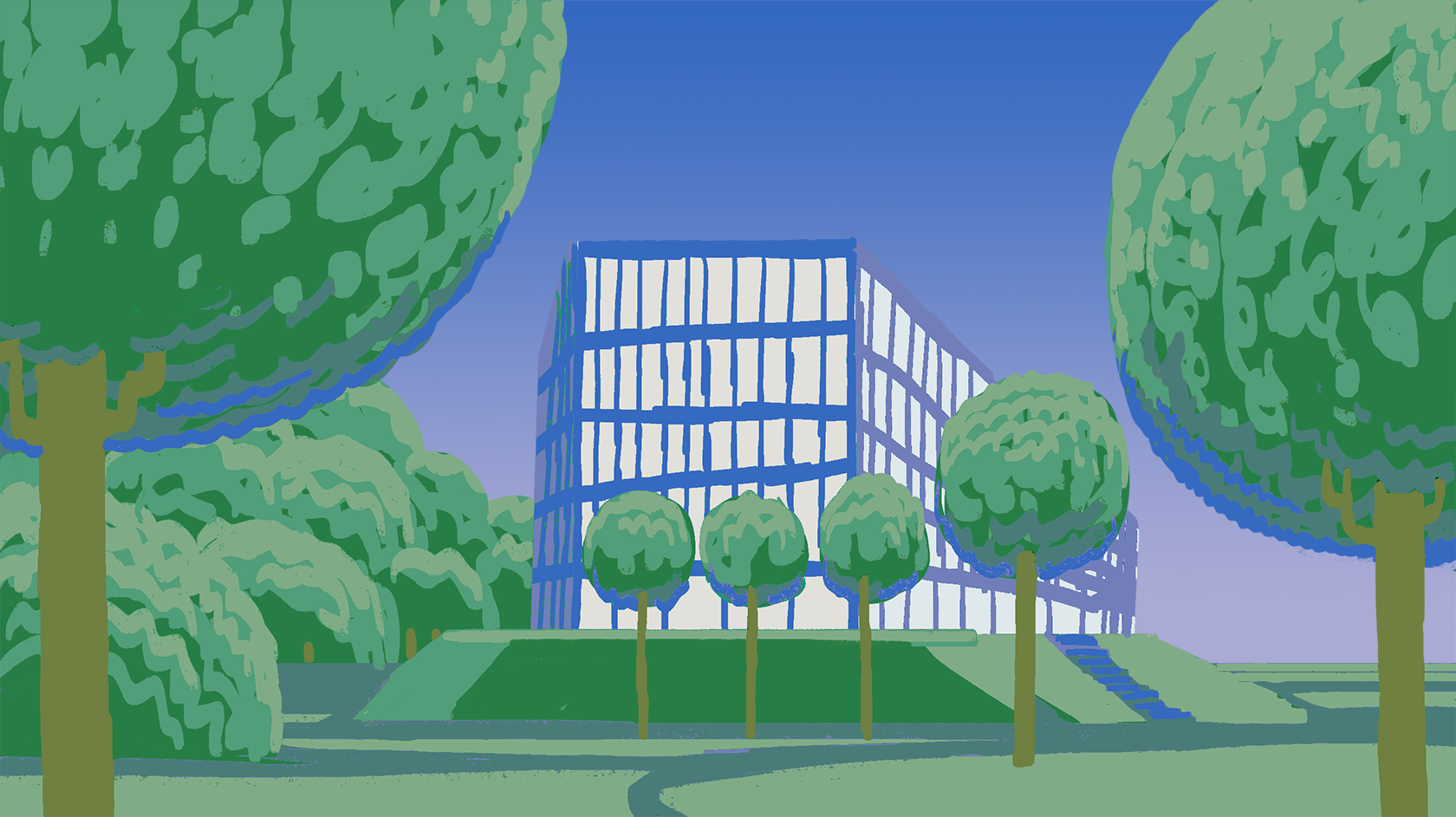
(Illustration by Emil Friis)
The effects of coronavirus may turn out to be environmentally and financially advantageous, as we will probably fly less and not need to expand our campus with new buildings to the same extent, claims CBS’ Green Program Leader. However, the social aspects of running a sustainable university post-COVID-19 are more ambiguous.
This spring semester has been like no other spring semester, and as it draws to a close, it is relevant to ask: What has coronavirus taught CBS while we have been working from home? Will it change how employees use campus facilities? And could coronavirus be an advantage for the green transition at CBS?
CBS WIRE has talked to Tore Klitgaard, architect and CBS’ Green Program Leader, and Kirsten Winther Jørgensen, University Director at CBS, and they both agree that this semester has produced relevant takeaways that will change how we work and use our campus.
“Overall, our experiences from the lockdown will definitely contribute towards making CBS a greener university,” states Kirsten Winther Jørgensen and continues:
“It has shown us that new forms of co-operation are possible. The commute traffic can be reduced, and participation in meetings across regions in Denmark is likely to take place online to a larger extent. Moreover, last year we saw a fall in air travel, and the experiences from the lockdown will accelerate this tendency, for the benefit of the environment.”
Tore Klitgaard explains that due to people working from home and not having to commute to work by car or public transportation, CO2 emissions have dropped. However, he expects that level could continue to drop if employees work from home more than before the lockdown. And if so, there is another sustainable reward to reap.
“Our square meters are our biggest asset. If we use people’s private homes as a part of our capacity, in principle, these are free square meters for CBS. In other words, it is cheaper to allow people who can work from home to do that rather than building new office buildings,” he says and continues:
“It only makes sense to think about new buildings that support common purposes.”
Unforeseen aspects of working from home
Previously, working from home was something employees could do if they liked, but overnight it was mandatory. And from mid-March to mid-June, the format of working from home has been tested thoroughly – for good and bad.
“We have been made aware of how much we can do in virtual space. At the same time, we have seen that the social dynamics of actually meeting face-to-face are important,” says Kirsten Winther Jørgensen and continues:
“Looking ahead, we must figure out how to exploit the strengths that lie in both virtual and physical space. We will continue working on exploring opportunities so that new and more flexible working methods can be of value to the employees and for CBS, as well as contributing to creating a more sustainable work environment.”
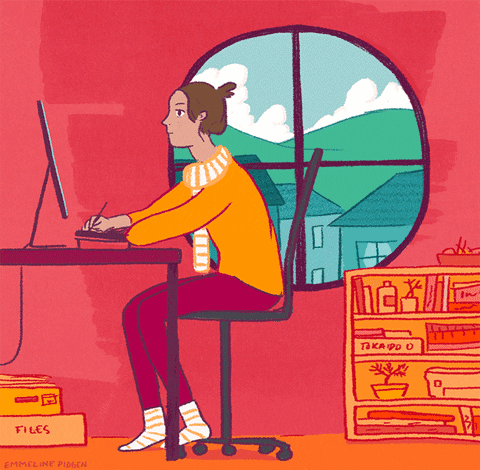
Tore Klitgaard also notes that the experiences from the three-month lockdown can pave the way for finally breaking away from the work approach associated with the industrial society.
“This is a confrontation with industrial society’s thoughts of clocking on in the morning and clocking out in the afternoon – and that’s what the employees are measured on. Instead, it will be replaced by management follow-up at task level – whether what was agreed upon was delivered within the flexible time frame offered,” he says.
But if people are to work more from home, certain precautions must be made, and it is crucial that the well-being of each individual employee is taken into account before home offices are established on a larger scale.
“It should be an individual choice whether you wish to work from home or on campus. In practice, it will always be a combination. The possibility of having a flexible working day is the new challenge, as it also blurs the lines between work life and private life. And then it raises a lot of questions,” he says and continues:
“Should the workplace be responsible for making a working-station assessment in people’s homes? And is it a work-related injury if you have been sitting on an old chair for years and therefore have back pain? Many unknown health aspects are related to working from home, which can influence physical and psychological well-being.”



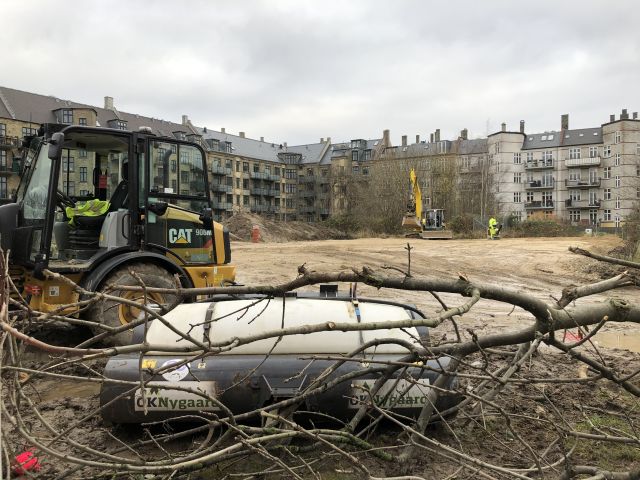
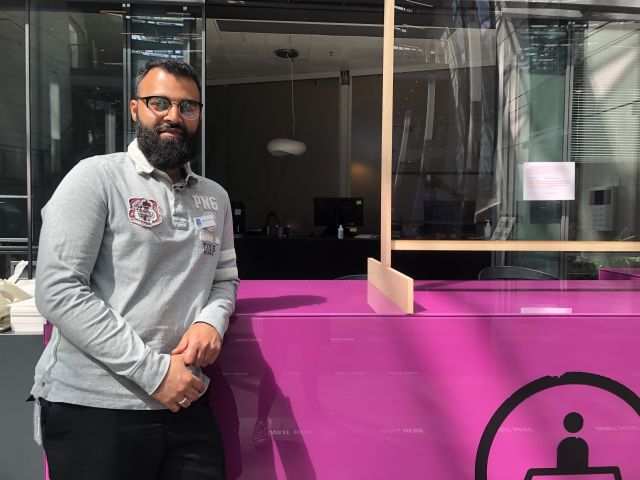
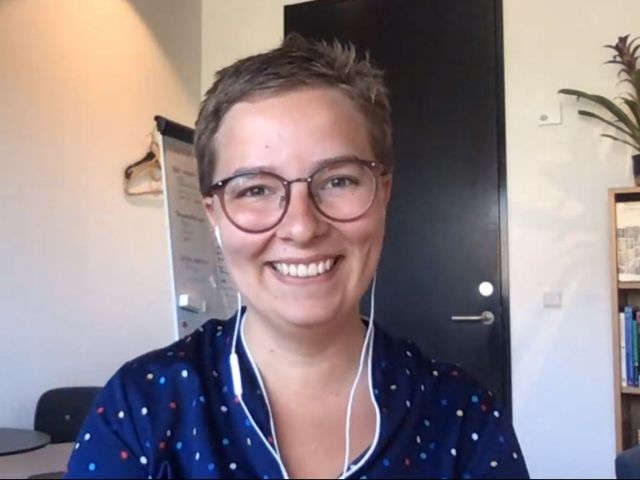
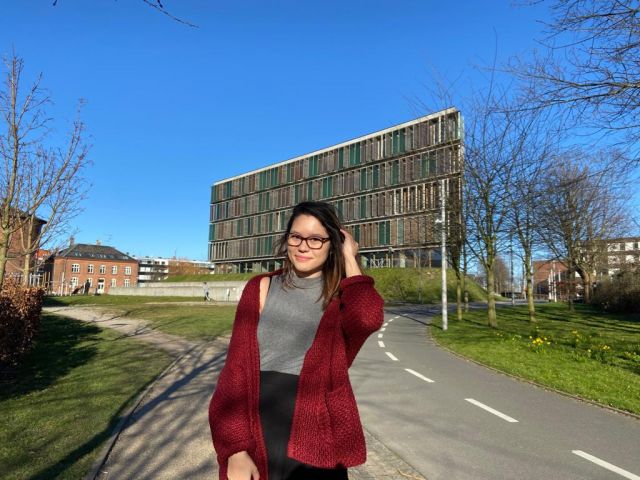
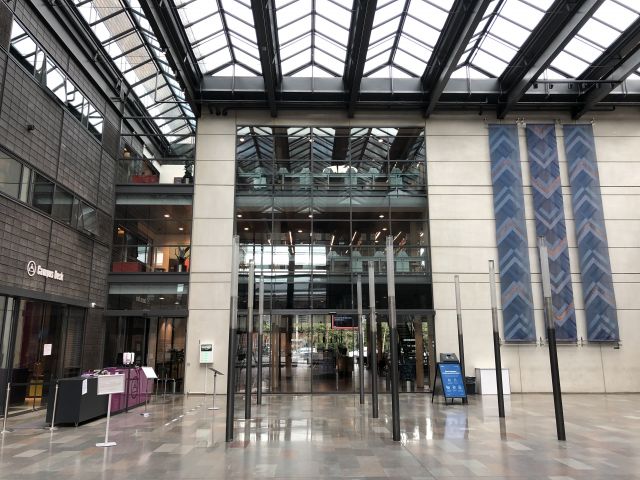
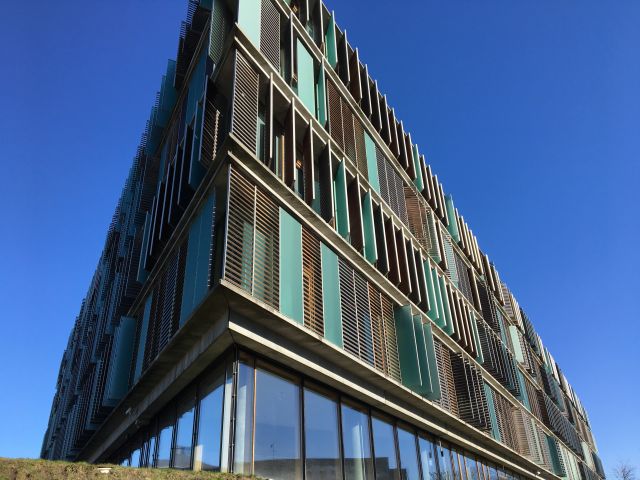
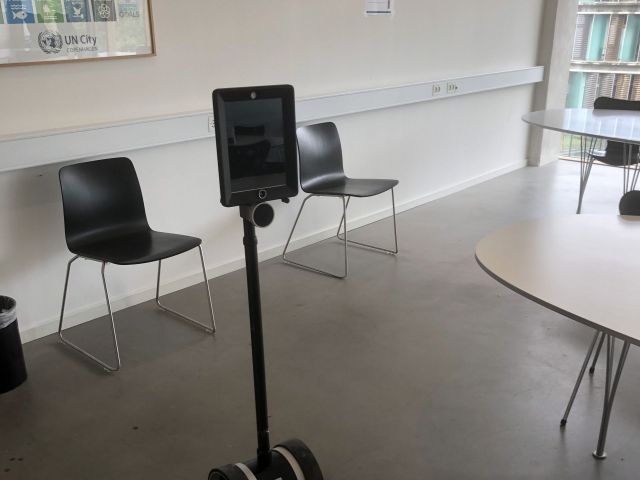




























































































































Comments